Understanding Accounting ERP Through the Lens of HRMS & ERP Types for Qatar Businesses
For Qatari businesses operating in a rapidly transforming economy, understanding the right technology mix is no longer a nice-to-have, it’s a necessity. While accounting ERP systems are the backbone of financial accuracy, the true competitive advantage emerges when they are integrated with HRMS software and tailored to match the right types of ERP for your industry.
From Doha’s finance hubs to manufacturing clusters in Umm Salal and Al Wakrah, enterprises are looking for ways to streamline processes, meet compliance requirements, and boost productivity in both finance and human resources.
Why Qatar’s Businesses Need a Unified View of ERP and HRMS
Traditionally, accounting ERP systems and HRMS software operated in silos, finance managed its own ledgers, while HR handled employee records separately. This disconnection leads to inefficiencies: duplicated data entry, mismatched payroll reports, and difficulty reconciling employee costs with financial statements.
When both systems are integrated into a single platform, you unlock:
- Real-time visibility into workforce costs
- Accurate payroll linked to live financial data
- Automated compliance with Qatar’s WPS and GRSIA rules
- Faster reporting for management and auditors
In a compliance-driven environment like Qatar’s, where VAT, payroll, and social insurance regulations evolve quickly, this integration can save weeks of manual work.
The Role of HRMS Software in an ERP Ecosystem
In the context of types of ERP, HRMS software acts as a specialized module designed to manage the human capital side of your operations. In Qatar, this goes beyond simple leave tracking or attendance.
A modern HRMS software solution should:
- Automate WPS-compliant payroll processing
- Handle GRSIA contributions for employees
- Manage multi-national workforces with Arabic and English interfaces
- Provide analytics on workforce performance and cost-to-company
By embedding these capabilities into your ERP environment, finance teams gain a more accurate, real-time view of employee-related expenses and liabilities
Exploring the Different Types of ERP for Qatar Businesses
Not all ERPs are created equal. Understanding the types of ERP available can help Qatari businesses make better decisions.
1. On-Premise ERP
Installed locally on your company’s servers. Offers full control but requires significant IT infrastructure and ongoing maintenance. For highly regulated sectors like banking, this may be preferred, though it limits flexibility.
2. Cloud ERP
Hosted on remote servers and accessed via the internet. Often considered the most adaptable among types of ERP, it allows rapid deployment, scalability, and remote access , critical for distributed teams and hybrid work models in Qatar.
3. Hybrid ERP
A mix of on-premise and cloud, allowing sensitive data to remain in-house while leveraging the flexibility of the cloud for other functions.
When selecting among these types of ERP, integration with HRMS software should be a non-negotiable factor.
Accounting ERP Meets HRMS: Real-World Benefits for Qatar
Example Scenario:
A logistics firm in Ras Laffan runs separate payroll and accounting systems. Every month, HR must export payroll data to finance, which manually reconciles salary payments, overtime, and benefits. This delays financial closing and creates a risk of human error.
By shifting to a unified accounting ERP with HRMS software, the firm:
- Eliminates duplicate data entry
- Automates compliance reporting for Qatar’s Ministry of Labour
- Improves accuracy in cost allocation to different departments
- Generates instant payroll-linked financial statements
How to Choose the Right ERP for Your Business in Qatar
When assessing the types of ERP for your company, consider:
1. Regulatory Compliance – Does it support Qatar VAT, WPS payroll, and GRSIA?
2. Language Support – Arabic-native interface for HR and finance staff
3. Scalability – Can it adapt to business growth or multi-branch expansion?
4. Integration – Does the ERP natively integrate with HRMS software or require expensive third-party connectors?
Local Support – Availability of implementation partners in Qatar
Why HostBooks Stands Out
HostBooks offers a unified ERP solution built for Qatar’s business environment. It merges accounting, HR, and operational modules into a single cloud-first platform, ensuring you don’t have to choose between efficiency and compliance.
- Built-in HRMS software with WPS and GRSIA automation
- Flexible deployment options across types of ERP (cloud, hybrid, or on-premise)
- Arabic and English interfaces for team-wide usability
- Localized support for smooth onboarding and training
Editor’s Note
For Qatar-based companies, the future of operational efficiency lies in integrating accounting ERP with HRMS software, and in selecting the right types of ERP to match your scale and sector. The right decision now can mean lower costs, faster compliance, and a platform that grows with your business.

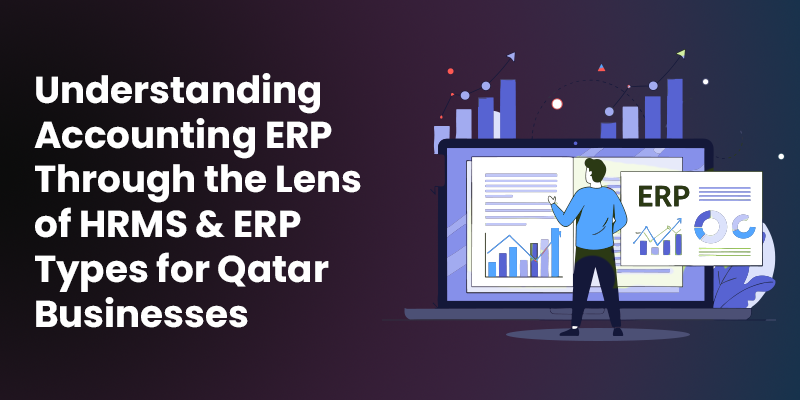
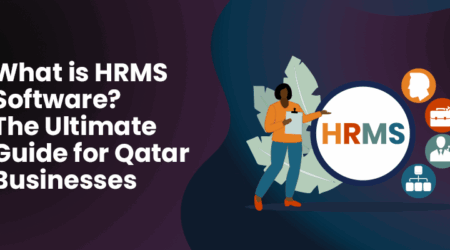
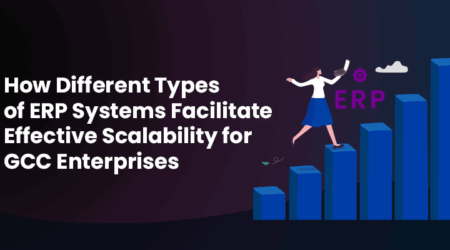
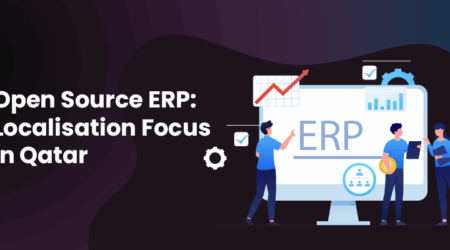
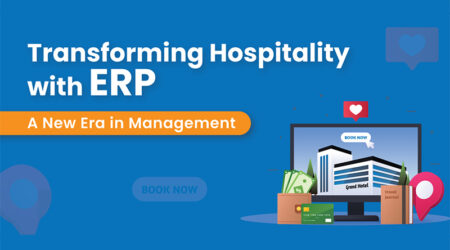
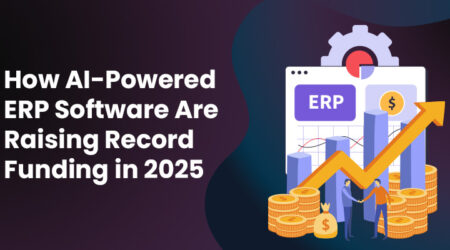
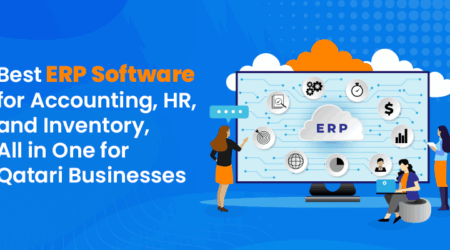
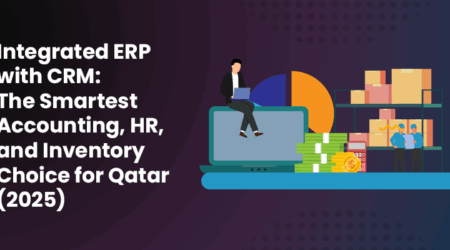
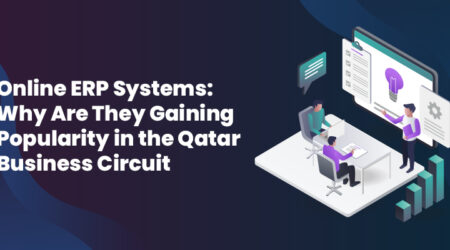
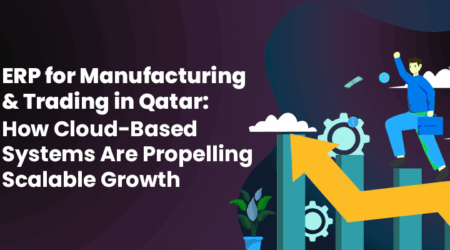
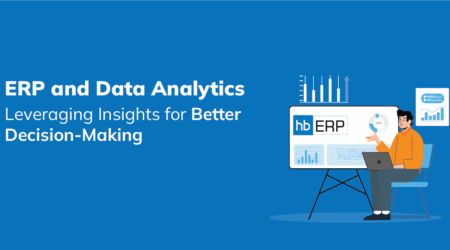
Leave a Reply